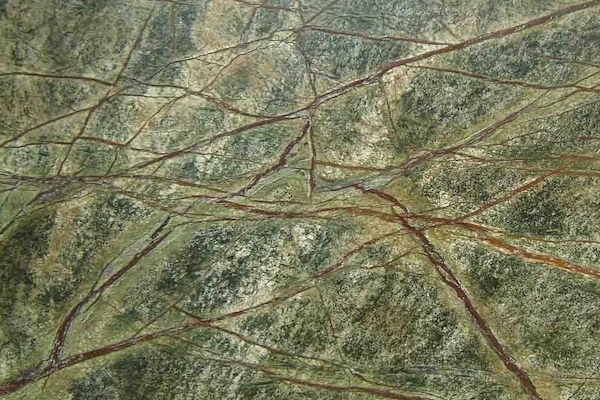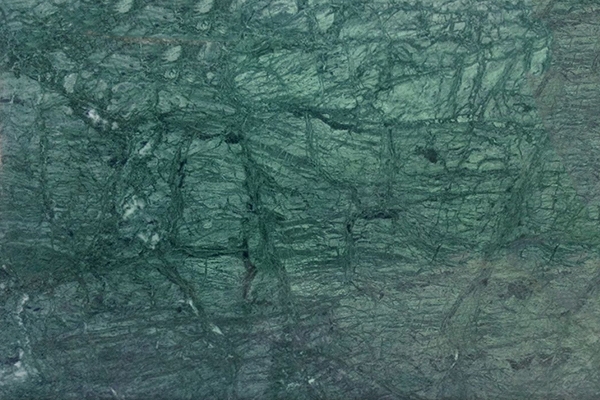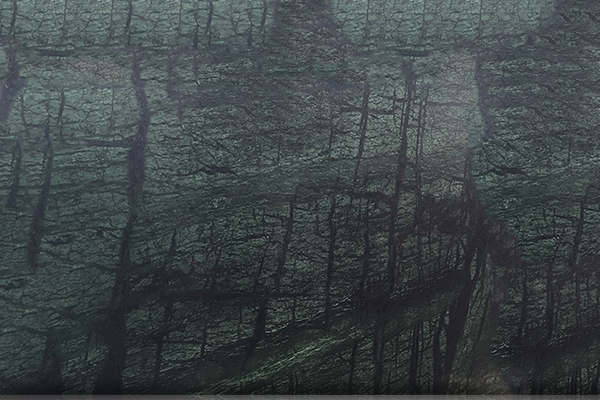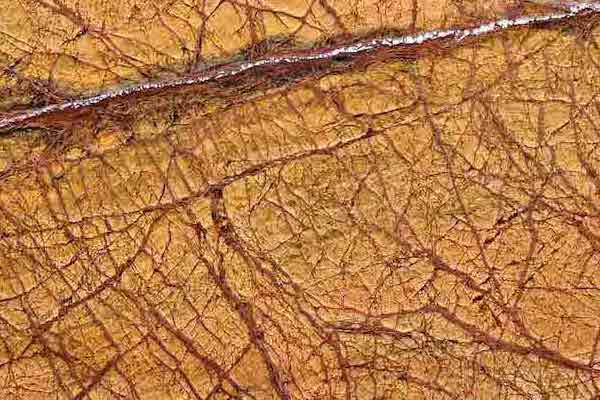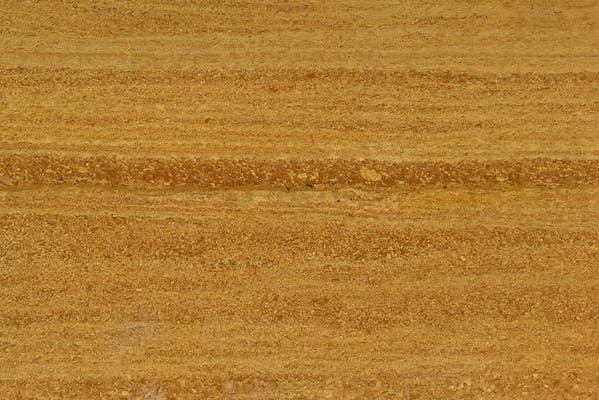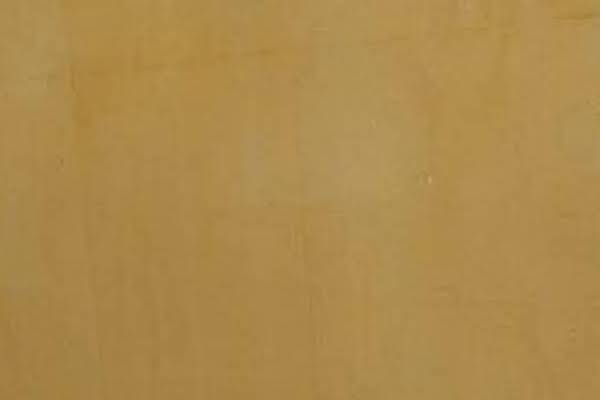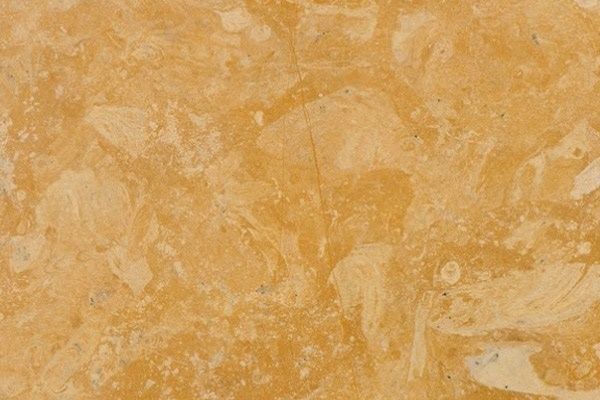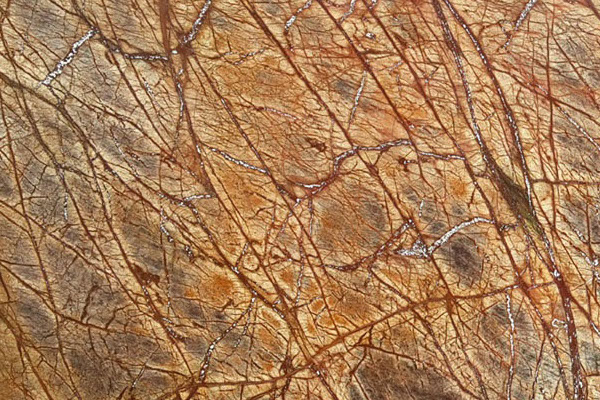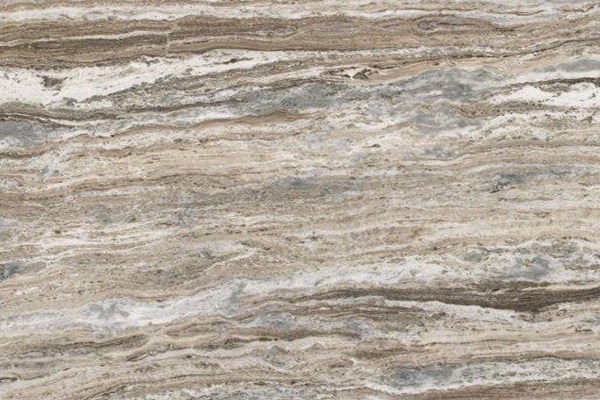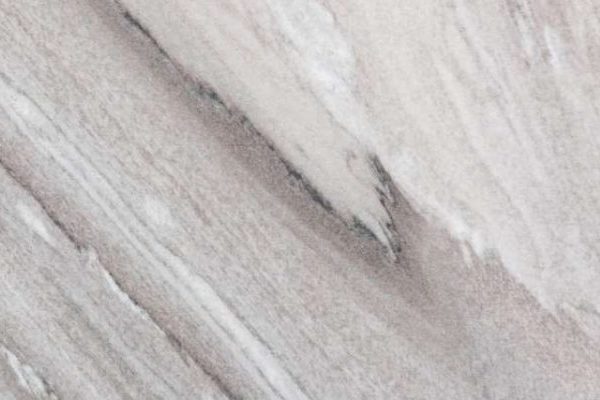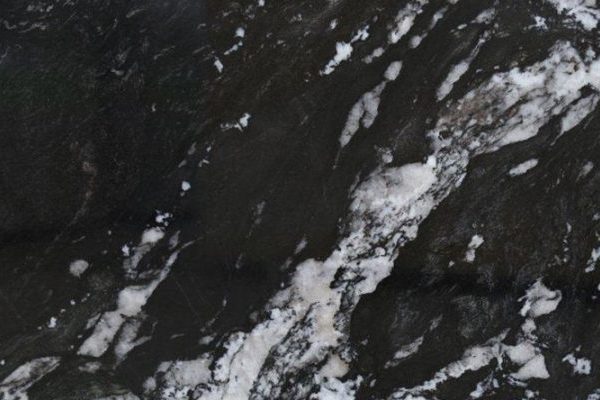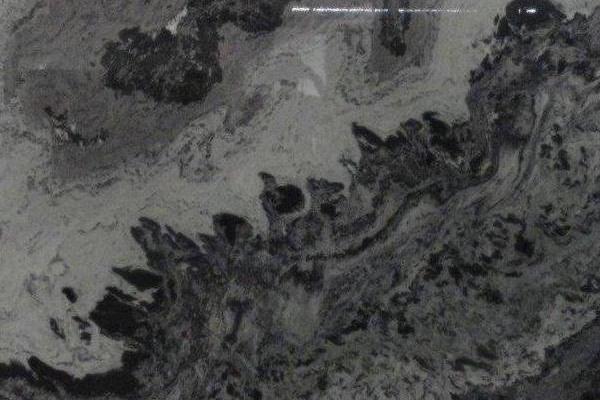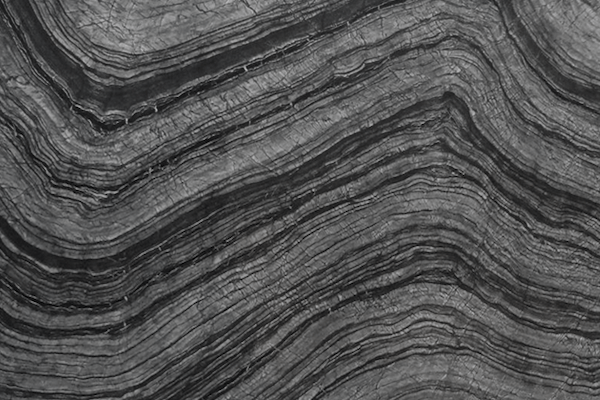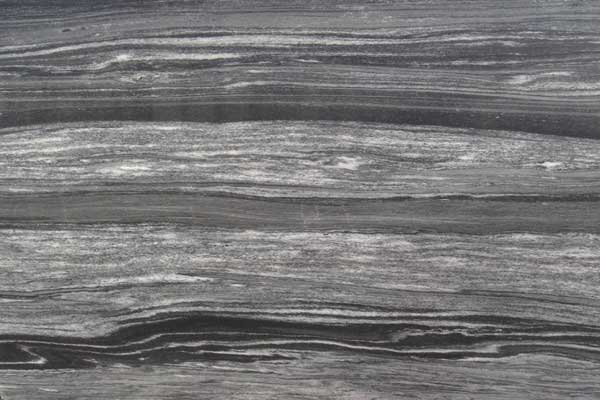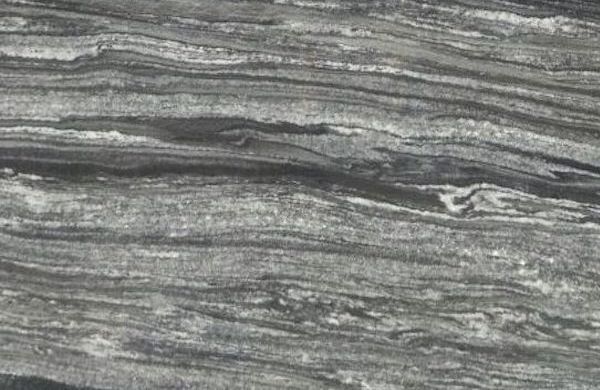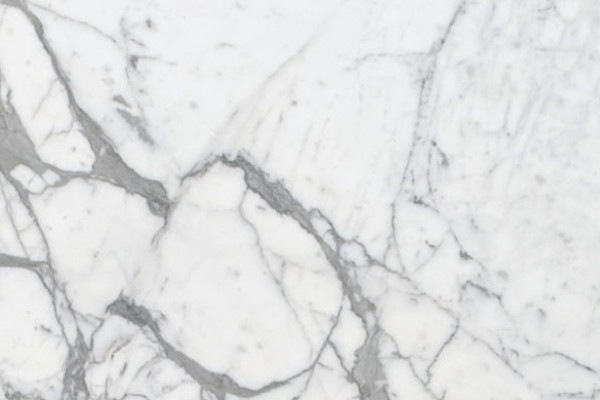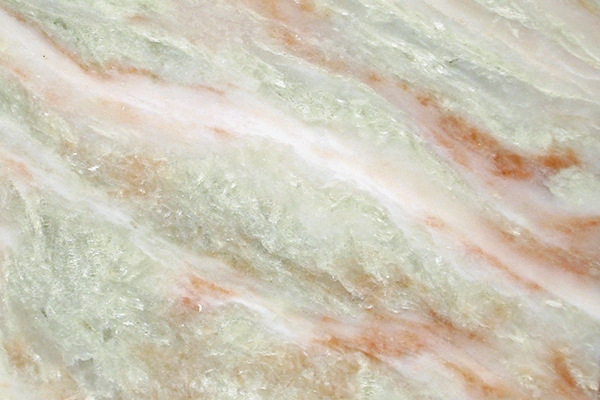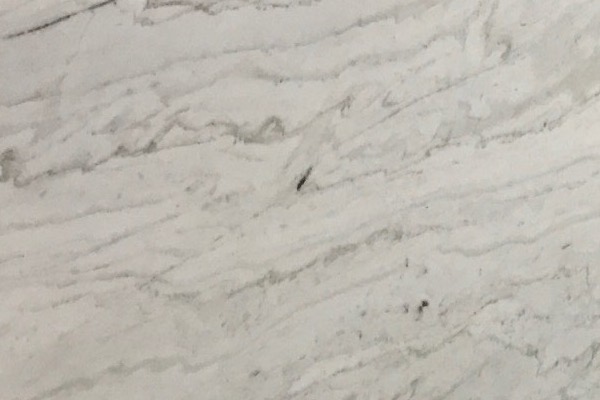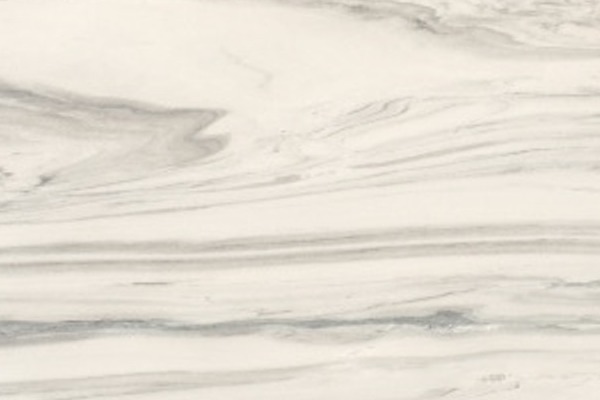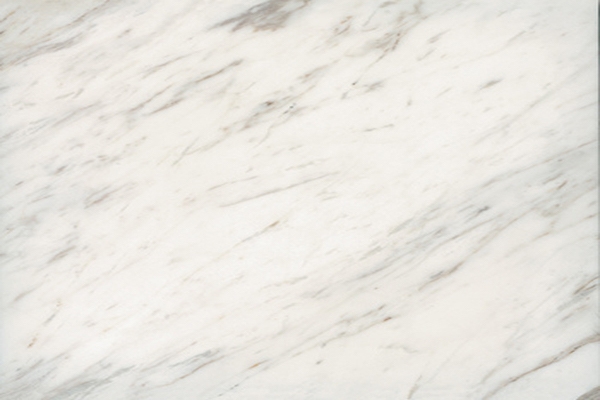BEST MARBLE
SLAB & TILE
SUPPLIER
Rachana Stones is the best Luxury Marble Supplier from India. We have earned remarkable goodwill for being a Quality Marble Exporter from India at most fair prices. Take a look at some of the handpicked varieties of premium marbles from our Indian Natural Stone collection.
Browse by Colour :
Rachana Stones is Best India Marble Exporter
We are the pioneers among the best Marble Manufacturers in India and have vast experience of providing marble to more than 50 nations over the globe.
Even though the word Marble finds its origin in Greek ‘marmaros’ which means shining stone, it is from the State of Rajasthan that marble found its most renowned building. The Taj Mahal is made of Marble mined from the State Rachana Stones is based in, and not without reason. The Marble from Rajasthan has been coveted for centuries in constructing luxurious palaces or mausoleums. We have a penchant for mining the finest quality marble from our natural stone quarries. Rachana Stones has been leading the way for being an Indian Marble Supplier of luxurious marble and marble products worldwide. We use the highest quality raw material to make a classic and unique range of the beautiful attractive marble stones.
We are Marble Stone Exporter known for giving stunning quality marble for indoor and open air applications including vanity tops, rock ledges, kitchen tiles, washroom tiles, Splash-backs and so on.
Rachana Stones exports Indian Green marble, White marble, Black marble, Gold marble, to all the large developed company. In our company, we use highest quality material for manufacturing marbles for Export. We ensure the packing of products is done in most secure manner so that products ae supplied in best condition to our clients across USA, UK, France, Germany, Italy, Turkey, Russia, Ukraine, Belgium, Egypt, South Africa, Japan, Singapore, Malaysia, Indonesia, Argentina, Brazil, Peru, Australia, etc.
About Indian Natural Marble Stone | Marble Supplier of India
Marble is a non-foliated metamorphic rock that forms when limestone is subjected to heat and pressure of metamorphism. Under the conditions of metamorphism, the calcite (CaCO3) in the limestone recrystallizes to form a rock that is a mass of interlocking calcite crystals.
Marble is primarily composed of the mineral calcite (CaCO3) and contains other minerals, such as clay minerals, micas, quartz, pyrite, iron oxides, and graphite. Under the conditions of metamorphism, the calcite in the limestone recrystallizes to form a rock that is a mass of interlocking calcite crystals. Marble is often the host rock for corundum, spinel, and other gem minerals. This is why marble is often used as decorative stone in designing plush and rich interiors.
Marble ores are formed from limestone with heat and pressure over years in the earth’s crust. These pressure or forces cause the limestone to change in texture and make up. The process is called recrystallization. Fossilized materials in the limestone, along with its original carbonate minerals, recrystallize and form large, coarse grains of calcite.
Geologically, location of marble in Earth’s crust occurs usually at convergent plate boundaries where large areas of Earth’s crust are exposed to regional metamorphism.
Impurities present in the limestone during the recrystallization period affect the mineral and colour composition of the marble which is formed. At relatively low temperatures, silica impurities in the carbonate minerals form masses of chert or crystals of quartz. At higher temperatures, the silica reacts with the carbonates to produce diopside and forsterite. At a very high temperatures, rarer calcium minerals, such as larnite, monticellite, and rankinite, forms in the marble. If water is present, serpentine, talc, and certain other hydrous minerals may be produced. The presence of iron, alumina, and silica may result in the formation of hematite and magnetite.
The minerals that result from impurities give marble a wide variety of colours. The purest calcite marble is white in colour. Marble containing hematite are reddish in color. Marble that has limonite is yellow, and marble with serpentine is green in colour.
Marble does not split easily into sheets of equal size and must be mined with care. Blocks of marble are mined with channelling machines, which cut grooves and holes in the rock. Miners outline a block of marble with rows of grooves and holes. They then drive wedges into the openings and separate the block from the surrounding rock. The blocks are cut with saws to the desired shape and size.
We at Rachana Stones specialise in supplying astounding Quality of Indian Marble in bespoke slab sizes, tile sizes, cutter and gangsaw. Contact us now with your demand of Indian Natural Stone and find out why Rachana Stones is the leading Supplier of Indian Marble.
Uses of Marble Dimension Stones from Best Marble Exporter
Marbles are used in monuments, buildings, sculptures, paving and other projects. Historically, Marble from Rajasthan was used for bestowing beauty to the World Heritage and Wonder – the Taj Mahal. Nowadays, Natural Marble Stone is mainly used for the following applications:
Rachana Stones is Manufacturer Exporter for all uses of premium marble slabs, marble tiles, Indian marble kitchen countertops, kitchen splashbacks, marble pebbles in precise dimensions as per customer’s requirement.
Texture of India Marble | Best Supplier of Natural Stone
During metamorphism, the calcite recrystallizes and gives the exclusive texture to the marble rock. Intuitively, in the early stages of the limestone-to-marble transformation, the calcite crystals in the rock are very small (might only be recognized as a sugary sparkle of light reflecting from their tiny cleavage faces). As metamorphism proceeds, the calcite crystals grow larger and become easily recognizable.
Recrystallization obscures the original fossils and sedimentary structures of the limestone. The recrystallization is the defining difference between limestone and marble. Marble that has been exposed to low levels of metamorphism will have very small calcite crystals. The crystals become larger as the level of metamorphism progresses.
Upon extensive recrystallisation, clay minerals within the marble will alter into mica and more complex silicate structures. This gives a rich texture to marble which finds its use in building Ultra Luxurious Interior Decor in some most plush locations.
We at Rachana Stones curate the most luxurious marble textures for serving our premium clients across the globe. Rachana Stones is most leading marble exporter to UK, Germany, UAE, Singapore, Turkey, Russia, Japan, France, Italy, USA, South America, among others. Our experts seek out the best quality marbles for export.
Physical Properties of Marble | Best Marble Exporters
Marble usually occurs in geographically extensive deposits that allows it to be economically mined on a large scale into dimension stone products.
Good quality marble with exquisite colour and texture is made into dimension stone. The production of dimension stone is done by sawing marble into pieces of specific dimensions. Physically, these are recrystallized, Hard, Compact, fine to very fine grained metamorphosed rocks capable of taking shining polish.
| Hardness | 3 to 4 on Moh’s Scale |
| Density | 2.55 to 2.7 Kg/cm3 |
| Compressive Strength | 70 to 140 N/mm2 |
| Modulus of Rupture | 12 to 18 N/mm2 |
| Water Absorption | Less than 0.5%(except Rainforest Green/Brown with 2-3%) |
| Porosity | Quite low |
| Weather Impact | Resistant |
Chemical Properties of Marble | Best Marble Suppliers Worldwide
Chemically Marbles are crystalline rocks composed predominantly of calcite, dolomite or serpentine minerals. The other minor constituents vary from origin to origin
| Lime (CaO) | 28-32% |
| Silica (SiO2) | 3-30% (varies with variety) |
| MgO | 20 to 25% |
| FeO + Fe2O3 | 1-3% |
| Loss On Ignition (LOI) | 20-45% |

